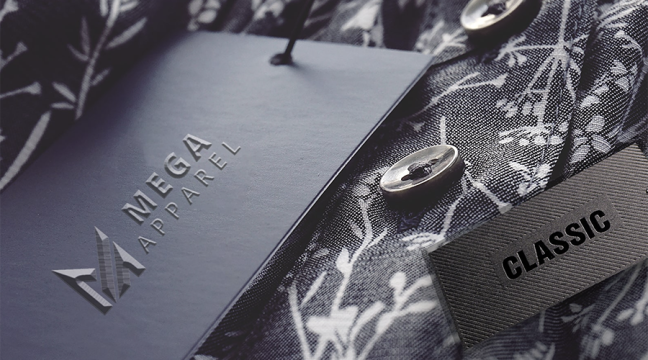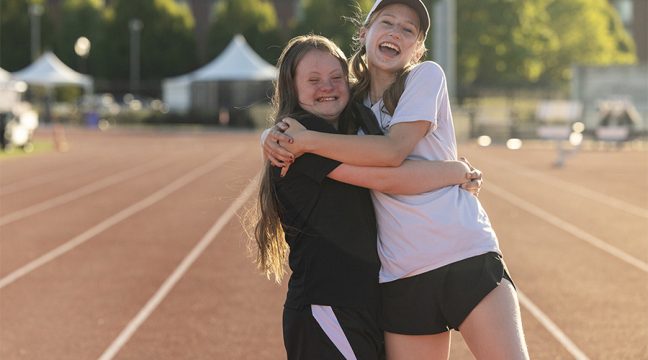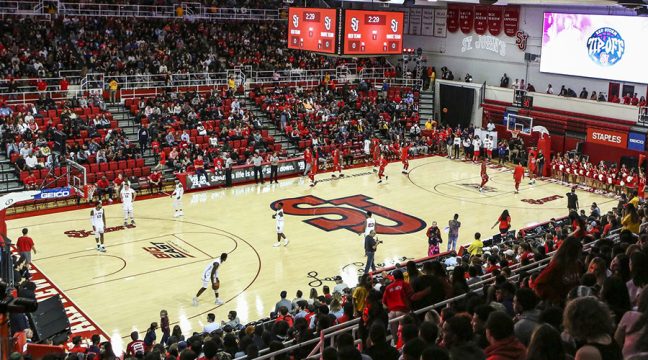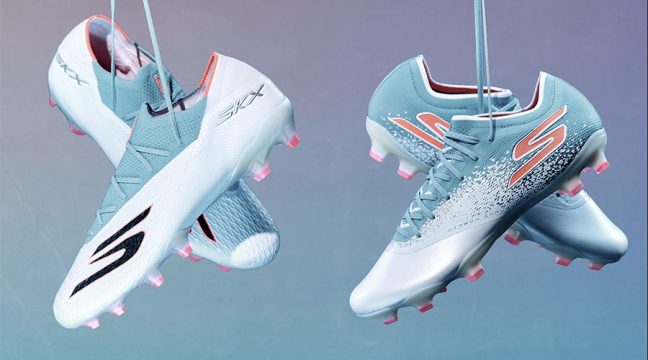Osprey announced that its F22 product line puts the brand on track to becoming “the most progressive, transparent and sustainable hardgoods brand worldwide.” By shifting to recycled materials, Osprey said it is “reducing its impact by 30 percent to 40 percent compared to using virgin materials.”
For F22, new main body fabrics are made of 100 percent recycled content (except where UHMWPE was used for added durability) and 65 percent of fabrics across the line are made with 100 percent recycled content. Osprey is also a full bluesign systems partner.
”Sustainability is achieved when a brand takes a broader look at the entire process of building high quality, innovative products,” said Osprey’s Vice President of Product, Mark Galbraith. “We are putting the same energy and effort that we put towards Osprey product development into examining our entire supply chain with the ultimate goal of having the lowest impact on the environment and the people who make our products.”
Osprey outlined its three pillars of sustainability—materials, chemistry and social responsibility. Milestones it provided are below:
Materials
- All new fabrics are made with 100 percent recycled content except where UHMWPE is used for added durability;
- 65 percent of fabrics are made with 100 percent recycled content for F22;
- 70 percent of main body fabrics are bluesign approved by F22 with a goal of 90 percent in 2023; and
- 37 percent of buckles are made from a certified renewable bio-based methane alternative.
Chemistry
- 100 percent of all main body fabric DWR finishes are PFC/PFAS free; and
- Approximately 70 percent of all main body fabrics will be bluesign approved by Fall 2022 with a goal of over 90 percent by 2023.
Social Responsibility
- 100 percent of Tier 1 and Tier 2 suppliers have signed Osprey’s progressive Code of Conduct; and
- One-third of Tier 1 factories received thrid party audit by WethicA “Worldwide Ethic Alliance” in 2020.
Packaging
- All poly bags are 100 percent recycled and recyclable; and
- All paper packaging is FSC certified or recycled and recyclable.
Progress Towards Carbon Neutrality
- Scope 1 | Direct Emissions from Owned or Controlled Sources
- Osprey calculated and purchased carbon offsets for domestic natural gas and fuel used in company vehicles
- Scope 2 | Indirect Emissions from Owned or Controlled Buildings/Offices
- Osprey calculated and purchased 100 percent renewable energy credits for all domestic offices and warehouse electricity usage; and
- Solar panels were installed on its Vietnam office.
- Scope 3 | Indirect Emissions—Not Owned from upstream and downstream emissions
- Material production makes up most of Osprey’s Scope 3 GHG emissions. By shifting to recycled materials, it is reducing its impact by 30 percent to 40 percent compared to using virgin materials.









